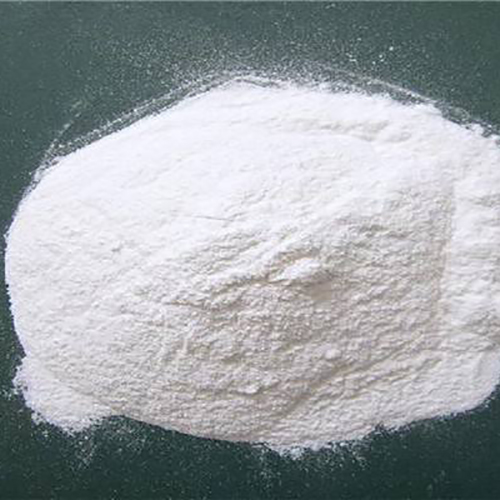Japan's automakers' local production fell strongly to open up overseas markets
Urea-formaldehyde resin (UF), also known as urea-formaldehyde resin, is a polycondensation of urea and formaldehyde under the action of a catalyst (alkaline or acid catalyst) to form an initial urea-formaldehyde resin, and then under the action of a curing agent or auxiliary agent to form an insoluble and insoluble final stage Thermosetting resin. The cured urea-formaldehyde resin is lighter in color than phenolic resin, translucent, resistant to weak acid and alkali, has good insulation performance, excellent wear resistance, and is cheap. It is the most used type of adhesive, especially in the wood processing industry. In the manufacture of various wood-based panels, urea-formaldehyde resin and its modified products account for about 90% of the total amount of adhesives. However, urea-formaldehyde resin is easily decomposed in the presence of strong acid and strong alkali, and has poor weather resistance, poor initial viscosity, large shrinkage, high brittleness, water resistance, and easy aging. The wood-based panels produced with urea-formaldehyde resin have formaldehyde release in the process of manufacturing and use. problem, so it must be modified.
Uf Powder,Veneer Contact Adhesive,Uf Resin Powder,Hot Melt Adhesive Powder GUANGZHOU INTERNET WOOD GLUE MANUFACTURER CO. LTD. , https://www.hotmeltadhesiveiwg.com
Japan's automakers' domestic output fell strongly to open up overseas markets Data released by Dow Jones Newswires on Thursday showed that Japan’s auto maker’s domestic auto production in November fell compared with the same period of last year, reflecting the weakening of the Japanese domestic market’s demand for these companies to launch models last year. However, the data also shows that the reduction in local vehicle production by Japan's large automakers is partly offset by the increase in auto production in Asia and North America. Japan’s largest automaker, Toyota Motor Corp., said that in November, production of cars and trucks fell by 2.8% to 304,914 units; mini-car production fell 5.2% to 265,228 units; and commercial vehicle production increased by 17.5% to 39,686 units. Nissan Motor Co., Japan’s second-largest automaker, said that local auto production in November fell by 6.7% to 117,398. The company said that due to the strong sales of new models such as the "Fairlady Z" sports car, "March" and "Cube" small cars last year, it has magnified the decline in local vehicle production in November this year. The situation of Honda cars is exactly the same as that of Nissan cars. The new models launched by Honda at the end of last year, such as Fit, Accord, and Mobilio Spike, also made sales relatively sluggish, making the November data relatively weak. Honda Motor's local vehicle production in November fell by 15.6% to 102,480 units, which was the tenth consecutive month of decline. Mitsubishi Motors said its domestic production of cars and commercial vehicles fell by 12.2% to 62,160 vehicles. The company launched its best-selling "Colt" model in November last year. Mazda is the only Japanese car manufacturer whose domestic production has not declined. Mazda's domestic production rose by 17.9% to 71,418 vehicles. This year the company launched two popular new models - "RX-8" and "Axela." However, Japan’s large automakers’ overseas production has increased, reflecting the strong demand for Japanese cars abroad. Toyota Motor Corp. said that in November, the overseas production of cars and trucks was 223,004, an increase of 12.4%, and Nissan's overseas production was 133,209, an increase of 23.2%. Honda Motor's overseas production increased by 5.5% to 144,635 vehicles; Mazda produced 18,563 vehicles overseas, and its output increased by 28.6%. Mitsubishi Motors' overseas production fell by 36.2% to 52,792 vehicles. The local sales of these companies are mixed. Toyota Motor Co. sold 143,960 cars and commercial vehicles locally, and its sales fell by 1.6%. Nissan Motor's sales fell by 6.4% to 60,862 vehicles. Mitsubishi Motors’ domestic sales increased by 18.5% to 26,529 vehicles, of which sales of small commercial vehicles were exceptionally strong. Mazda sold 20,385 vehicles, an increase of 3.6%. Exports generally decreased, due to the strong shipments during the same period last year. Toyota Motor's exports declined by 9.5% to 163,944 units, Nissan Motor's auto exports fell by 9.0% to 63,606 units, and Honda's exports dropped to 36,757 units, a decrease of 19.9%. Mitsubishi Motors’ exports grew by 5.7% to 36,746 vehicles. Mazda's exports also increased, to 48,797 vehicles, an increase of 11.0%. 
